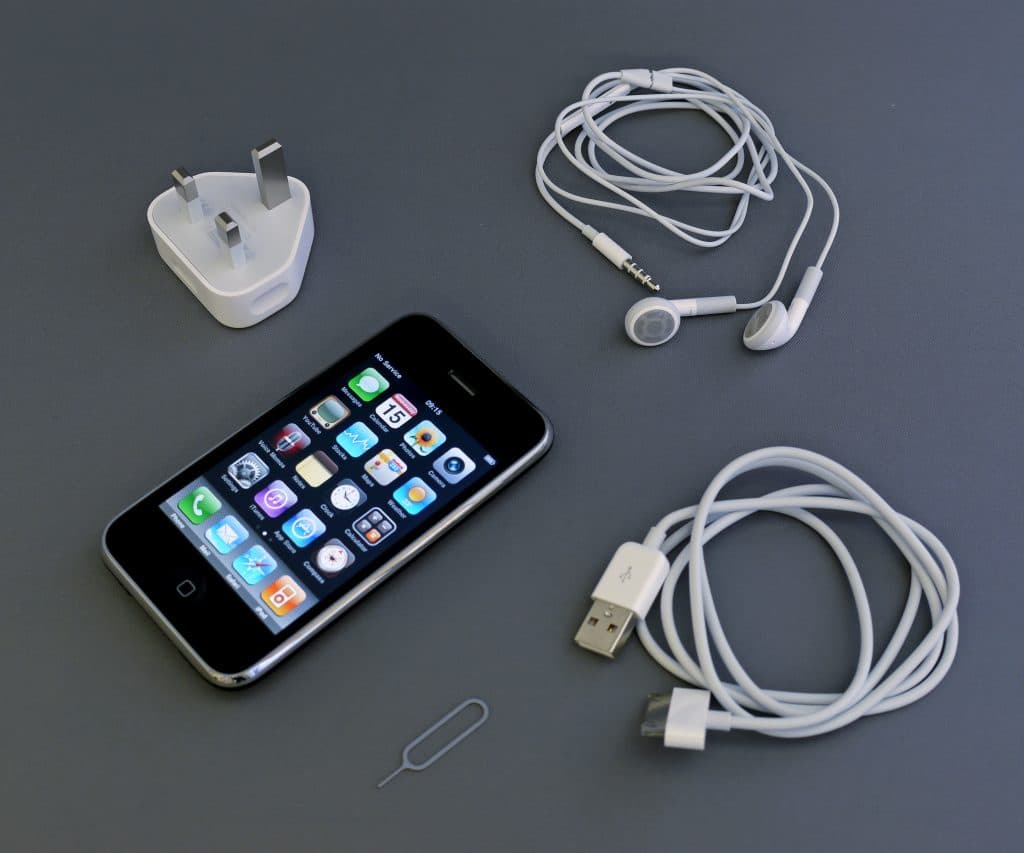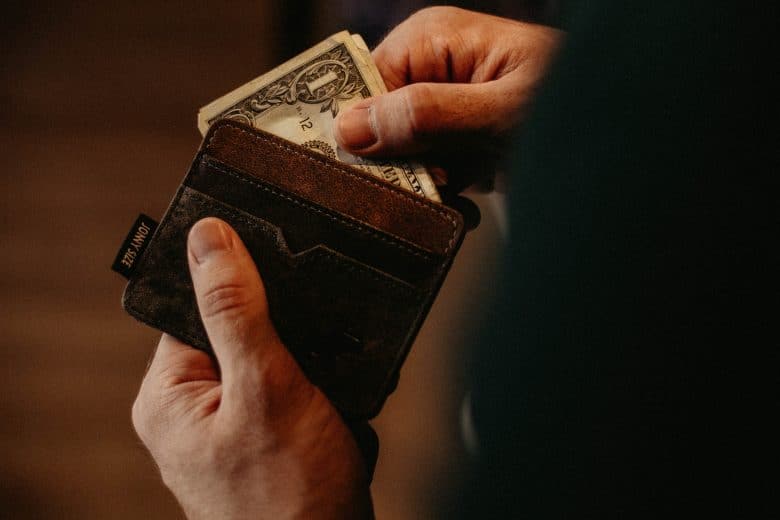A financial emergency can hit anyone without warning. Whether it’s an expected illness, loss of a long-term job, or another catastrophe, most people are only one problem away from having serious financial problems. So, what do you do if you find yourself in this terrible situation?
1. Get a loan from your family
Now, you may not want to consider it, but you definitely should think about asking your family for a loan. If you have a family member such as an aunt or uncle that has more than sufficient money and you’re ready to accept the responsibility for the loan, then this may be a good situation for both parties. Of course, in order for this to work, there needs to be good communication between both parties and you definitely need to keep making your payments every month.
You can start by letting your family member know about your situation and then provide a proposal for them to consider. This means you should let them know how the amount you need to borrow along with an interest rate as well as how much you can pay per month. The time for repayment should also be provided. If you’re not sure how to figure out all the numbers, you can use a loan calculator to help you.

Once you have laid out your proposal, make sure that you’re also open to negotiating. So, if your uncle currently has a lot of his money in 4% bonds, then you should offer a little more such as 5% so that it is a good deal for him as well.
2. Credit Cards
Another way you can deal with your financial emergency is to use a credit card. In the event that you have excellent credit, then it may be best to get a new credit card that has a balance transfer offer or 0% interest purchase. Once you have used money from the credit card for your emergency, make sure that you make your payments on a timely basis so that you pay it off before the 0% interest purchase ends.
If you can’t access a 0% interest credit card, then be sure to separate this particular credit card debt from any other balances that you have. This will make it much easier to track your repayments.
If you can’t access a 0% interest credit card, then be sure to separate this particular credit card debt from any other balances that you have. This will make it much easier to track your repayments. You might also want to learn more about balance transfers.
3. If you’re a homeowner, then you can likely get a home equity line of credit
This type of line of credit is also known as a HELOC and they usually have very low interest rates due to being supported by your property. You will also likely have many different repayment options. In order to get this type of credit, the bank will most likely need to get an appraisal done on your property. However, the rest of the process should be quite easy.
In the event that you need the money much faster, then you can simply use a credit card, and then once you get your home equity line of credit, you can transfer the debt to it. Even though it would be possible to make interest-only payments, you should avoid doing so. Instead, reduce spending in other areas of your life so that you can get rid of your debt as soon as you can.
4. Sell your personal electronics
If you have any old electronics or phones, then you should consider selling them. All you need to do is search for places that buy these old electronics.

Now, you won’t be able to get a lot of money, but every bit does count. So, for example, if you have a 2012 MacBookPro, then you can potentially get about £40 by selling it.
5. Small loan
There are many websites that offer small personal loans available to borrow over the short term. These websites provide these loans through individual investors. Typically, they have a 3 to 5-year repayment term and fixed interest rates. You can expect to pay a rate between 7 to 35% which depends heavily on the amount you want to borrow as well as your personal credit score. So, you should at least get a quotation and then compare it to your other options before deciding.












Leave a Reply